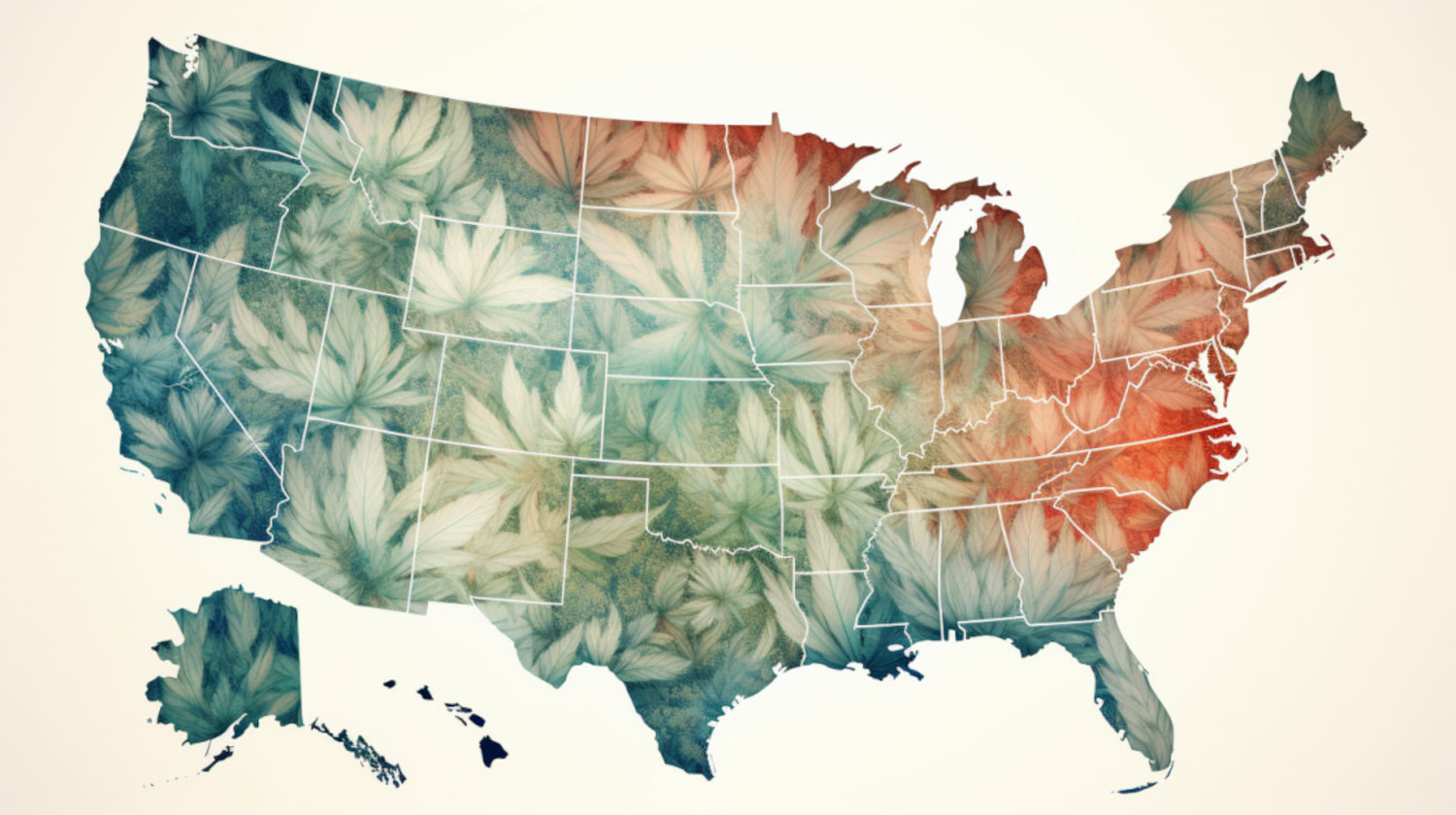Wisconsin Senate Democratic Minority Leader Dianne Hesselbein said this week that she plans to introduce legislation to legalize medical cannabis during the 2025 legislative session. Noting that Democrats picked up four Senate seats in the November election, Hesselbein told reporters that she believes lawmakers could be able to pass a medical cannabis legalization bill this year.
“With 18 Republicans and 15 Democrats, I think they’re going to need our votes to get anything done in the state Senate,” Hesselbein told WPR.
Cannabis reform advocacy group the Marijuana Policy Project (MPP) recently noted that Wisconsin is one of the few states that have not adopted comprehensive medical cannabis legislation. Under the state’s current laws, patients with a doctor’s recommendation are only permitted to use non-intoxicating cannabidiol (CBD) preparations.
“Wisconsin is increasingly an outlier on cannabis policy reform. While neighboring Michigan, Illinois, and Minnesota have legalized cannabis for adults’ use, Wisconsin remains stubbornly behind the times,” MPP wrote last month in a state policy update. “It is one of only 19 states that still imposes jail time on simple possession of cannabis. And despite massive 86% popular support, the Badger State is one of only 11 states that lacks a compassionate medical cannabis law.”
Legalization Talks Have Already Begun
Hesselbein said that she has already spoken about legalizing medical cannabis with Republican leaders, including Senate Majority Leader Devin LeMahieu and Senate President Mary Felzkowski. The minority leader noted that during the last legislative session, a bill from Democrats to legalize both recreational and medical cannabis failed to gain the support of a single Republican lawmaker.
“But let’s get medicinal out there, because there are a lot of people that could benefit from that,” Hesselbein said. “I think we’ve got to get the conversation started once again.”
She added that she intends to re-introduce a bill from 2022 that would allow patients to obtain a license to use medical cannabis to treat qualifying conditions from the Wisconsin Department of Health Services. The legislation stalled in committee after failing to gain the support of Republican lawmakers, who hold a majority in both houses of the state legislature.
“I’ll put it out there, but I’m open to amendments. I’m open to changes. But I think we’ve got to get the conversation started once again,” Hesselbein said.
Wisconsin Republicans Disagree on Cannabis Reform
Some Republican leaders, including cancer survivor Felzkowski, have expressed support for a limited medical cannabis program. Cannabis policy reform is also supported by most Democrats including Gov. Tony Evers, who has included legalization provisions in his state budget proposals.
But Republican Assembly Speaker Robin Vos, who controls which bills come up for a vote in the chamber, has said he will never support legislation to legalize recreational cannabis. In a television interview earlier this year, he said any plan to legalize medical cannabis in Wisconsin would “probably be the most restrictive” program in the United States.
“We are not going to have something like other states do where you can walk in and say, ‘I don’t feel well,’ and they give you a gummy bear,” said Vos.
In January, a Republican proposal in the state Assembly to establish a state-run medical cannabis program was rejected by GOP lawmakers in the Senate. Hesselbein said the Republican proposal in the Assembly interfered with her plans to introduce a medical cannabis legalization proposal in the Senate. She hopes her chances will be better next year when Democrats will hold four more seats in the upper house of the legislature than the last session.
“Maybe if I put something out there, (Republicans will) look at that, and they can take pieces of that and then maybe do their own legislation,” Hesselbein said. “We’ll see if we cannot somehow get to yes.”
State lawmakers are scheduled to return to the state capitol in Madison for the 2025 legislative session on January 6.
Learn more about Wisconsin's cannabis laws and regulations. And sign up for NuggMD's Weekly Sesh newsletter for the latest cannabis news, consumer tips, and recommendations.
The information in this article and any included images or charts are for educational purposes only. This information is neither a substitute for, nor does it replace, professional legal advice or medical advice, diagnosis, or treatment. If you have any concerns or questions about laws, regulations, or your health, you should always consult with an attorney, physician or other licensed professional.




